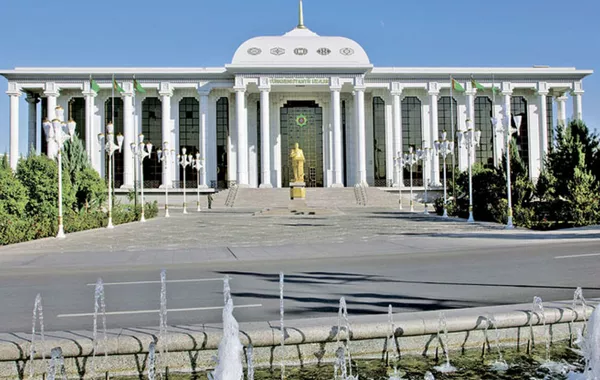
Saudi Arabia has temporarily halted the issuance of electronic visas (e-visas) for citizens of Uzbekistan and Tajikistan.
The suspension, effective from April 23 to June 9, 2025, coincides with the annual Muslim pilgrimage season known as hajj. During this period, travelers from Uzbekistan and Tajikistan must apply for visas through Saudi embassies or authorized visa centers in their respective countries, The Caspian Post reports citing The Diplomat.
The Saudi Ministry of Tourism has not formally announced the suspension, but the measure is confirmed on the ministry’s website and aligns with the Kingdom’s broader efforts to manage the influx of pilgrims from Central Asia during the hajj season, ensuring proper vetting and adherence to regulations.
Residents of the European Union, the United Kingdom, or the United States, as well as travelers holding valid visas to those countries, can still obtain visas upon arrival at Saudi entry points.
In Uzbekistan, the suspension coincides with ongoing challenges in regulating privately organized Muslim pilgrimage tours. Recent incidents have highlighted issues such as fraudulent hajj services and unlicensed travel agencies. In one case, a man in Tashkent was detained for allegedly accepting $23,600 to illegally send four individuals on the hajj. To address these concerns, Uzbek authorities plan to launch a single portal for hajj and umrah by September 2025, aiming to streamline the process and reduce bureaucratic obstacles.
Tajik citizens, meanwhile, are facing increasing visa restrictions more widely.
In August 2024, the United Arab Emirates (UAE) stopped issuing visas to male citizens of Tajikistan, citing security concerns. Tajik men applying individually for UAE visas have faced steady rejections, while women and family groups continue to receive approvals without issue. Some speculate that the policy shift may be linked to concerns over illegal labor migration and the potential for extremist and religious radicalization of male Central Asian migrants. As of now, the UAE has not issued an official statement regarding the change in visa issuance practices. The cost of a UAE visa for Tajik citizens remains at approximately $100, roughly the average monthly salary in Tajikistan.
In April 2024, Turkiye also revoked its visa-free travel arrangement for Tajik citizens. Under a policy that had been in place since 2018, Tajik nationals had been allowed enter Turkiye without a visa for up to 90 days. The decision came in the wake of heightened security concerns following the March 22 terrorist attack at Moscow’s Crocus City Hall, where over 140 people were killed. The Islamic State of Khorasan Province (ISKP) claimed responsibility for the attack, and the four suspects arrested were identified by Russian authorities as nationals of Tajikistan.
While Turkish authorities did not explicitly link the visa policy change to the Moscow attack and promised that the decision was temporary, the proximity of the events led to speculation about a connection. Dushanbe responded with reciprocal visa requirements on Turkish citizens, thus excluding Turkiye from the visa-free travel arrangement to Tajikistan that has been available for nationals of 52 countries since January 1, 2022.
Citizens of Tajikistan can now travel visa-free only to 22 countries, half of which are fellow former Soviet republics - although Russia, the main travel destination for millions of Tajiks looking for employment abroad, has similarly tightened its immigration rules for Central Asian migrants this year. The new regulations shortened visa-free stay in Russia from six to three months, broadened hiring restrictions, and created a registry of undocumented migrants. These growing visa restrictions seem to respond to the ever-present (if sometimes overblown) threats from extremist groups in and around Central Asia and reflect the authoritarian local governments’ willingness to accept such restrictions to further limit the freedom of movement of their citizens.
Share on social media
